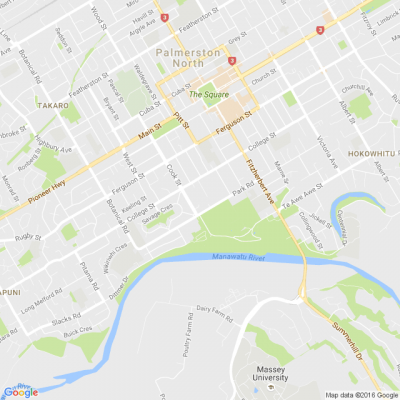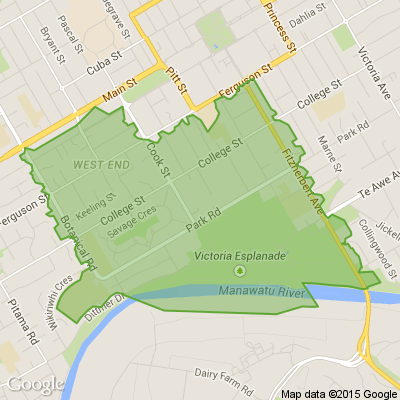How to Look After Linen
Linen looks good but is notorious for creasing. Here's how to get the best from this stylish fabric.
Linen wrinkles and creases very easily so if you want it to appear smooth and flat, it needs ironing. It may also need starching. However, the wrinkles in the fabric are often considered part of linen’s character, and many linen garments are now designed to be air-dried and worn without ironing.
Tips for machine washing linen
• Check the care label for guidance on washing temperature.
• Always separate dark/coloured linens from white or off-white linens to avoid colour transfer in the wash.
• The first time you wash a linen article, wash it separately from other materials. Linen can cause lint.
• Linen is a natural fibre that can absorb a lot of water. This means it is prone to heavy creasing in the wash. If you give linen items a lot of space to move around in the washing machine drum, this should reduce the amount of creasing. It is best to only half fill the machine.
• Avoid using bleach on linen, as this weakens the fibres and it may affect the colour of dyed linens.
• Bleach particles in conventional washing powder make natural linen colour fade, so use only mild detergents.
• If possible, choose a wash programme with a long soak, a short wash/rinse and a short spin and using a moderate to cool temperature.
• When the wash cycle is finished, immediately remove items from the machine to avoid any extra creasing.
• Straighten out and gently stretch the linen after the wash.
• Line-dry or air dry or dry flat.
•Do not tumble dry linen, as it may leave permanent creasing and it will shorten the life of the item. If you dry linen in a hot tumble dryer, it can shrink up to 15%.
Note: Linen can generally be machine washed at high temperatures but this can cause shrinkage. Modern detergents generally work just as well at a lower temperature so it is not necessary to use a hot wash. We recommend the maximum temperature you use for linen is 60°C.
Hand washing linen
Fine embroidered or hand hemmed/stitched linen items need extra care. It is usually best to hand wash these items or take them to a professional cleaner.
• Use water that is comfortably warm to the touch (blood heat) and also ensure you use the correct washing detergent (see advice above). This should be dissolved/evenly distributed in the water before you add the item.
• Let the item soak for up to two hours to ensure the fibres are saturated.
• Use gentle agitation to wash the item.
• Rinse the item in three clean rinses of cool water, or rinse until the water is clear.
• Between rinses and at the end of the wash, squeeze the excess water out of the item.
• Starch the item at this stage (if you are using starch).
• Dry flat if possible, gently pulling item to the correct size. Alternatively line-dry or air dry. Do not tumble dry.
Ironing linen
Keep reading: www.curtainclean.co.nz...

Poll: As a customer, what do you think about automation?
The Press investigates the growing reliance on your unpaid labour.
Automation (or the “unpaid shift”) is often described as efficient ... but it tends to benefit employers more than consumers.
We want to know: What do you think about automation?
Are you for, or against?

-
9.3% For. Self-service is less frustrating and convenient.
-
43.6% I want to be able to choose.
-
47.1% Against. I want to deal with people.
Wanted to buy Vintage Bose Acoustic Wave Music System
Has anyone got a working Bose Acoustic Wave Music System they no longer use and would like to sell . Please call Joan on 0226484047.

Downsizing & Home Organisation Making life simpler, lighter, and more enjoyable.
If you’re downsizing, preparing to move, or wanting to simplify your home.
My approach is practical and non-judgemental, helping you make clear decisions about what to keep, donate, or pass on, while creating a home that’s easier to live in and maintain.
Downsizing and pre-move decluttering.
Whether you’re moving to a smaller home, preparing your house for sale, or simply wanting less clutter and more peace of mind, I’m here to help make the process easier and less overwhelming.
📞 Call Joan: 022 648 4047
A little about me
I’m the owner and operator of a successful Airbnb, where thoughtful organisation, simplicity, and presentation matter every day.
You’re welcome to read my guest reviews here:
👉 www.airbnb.com...






 Loading…
Loading…















